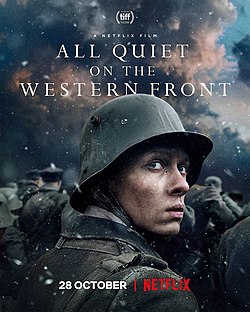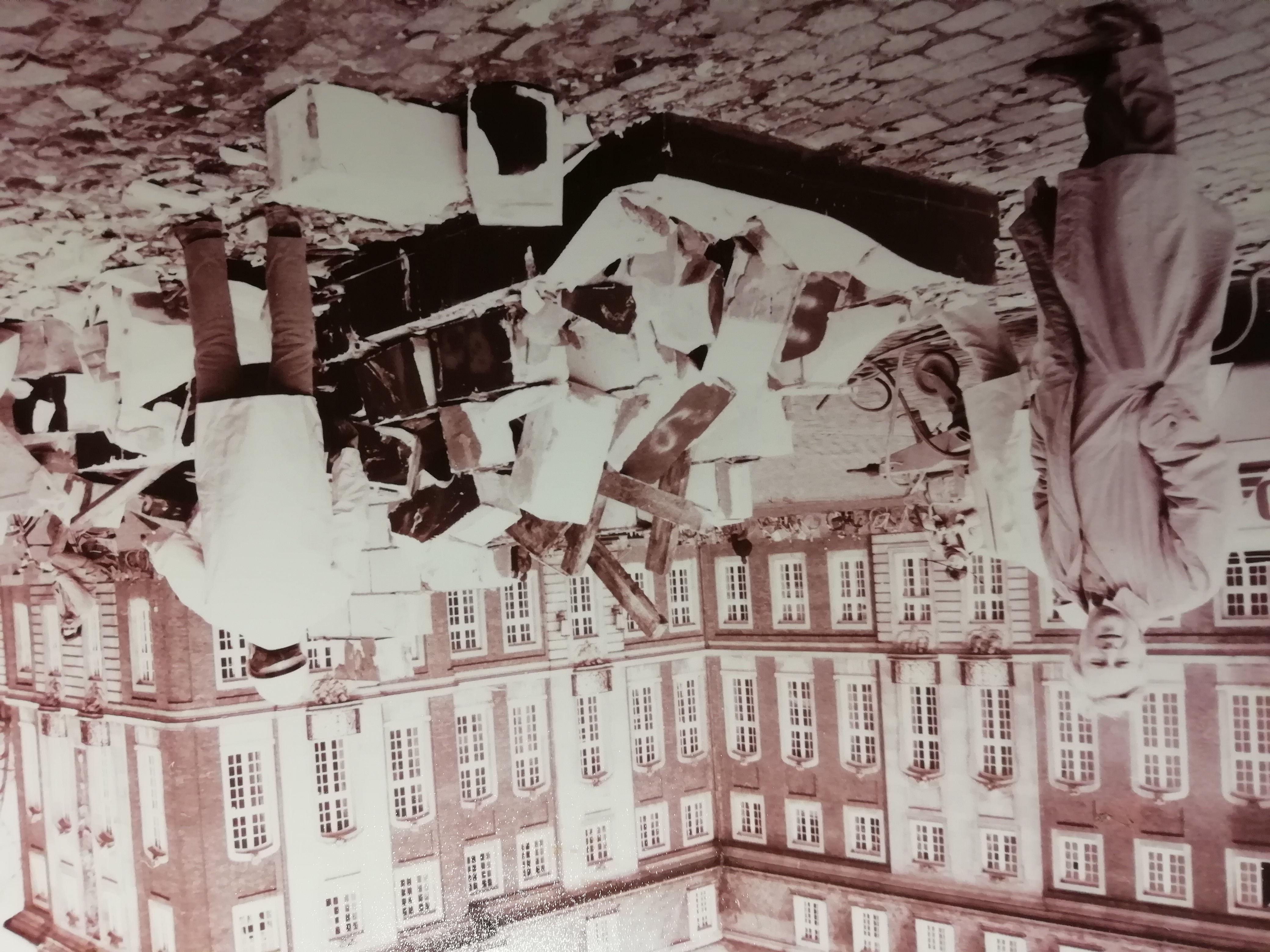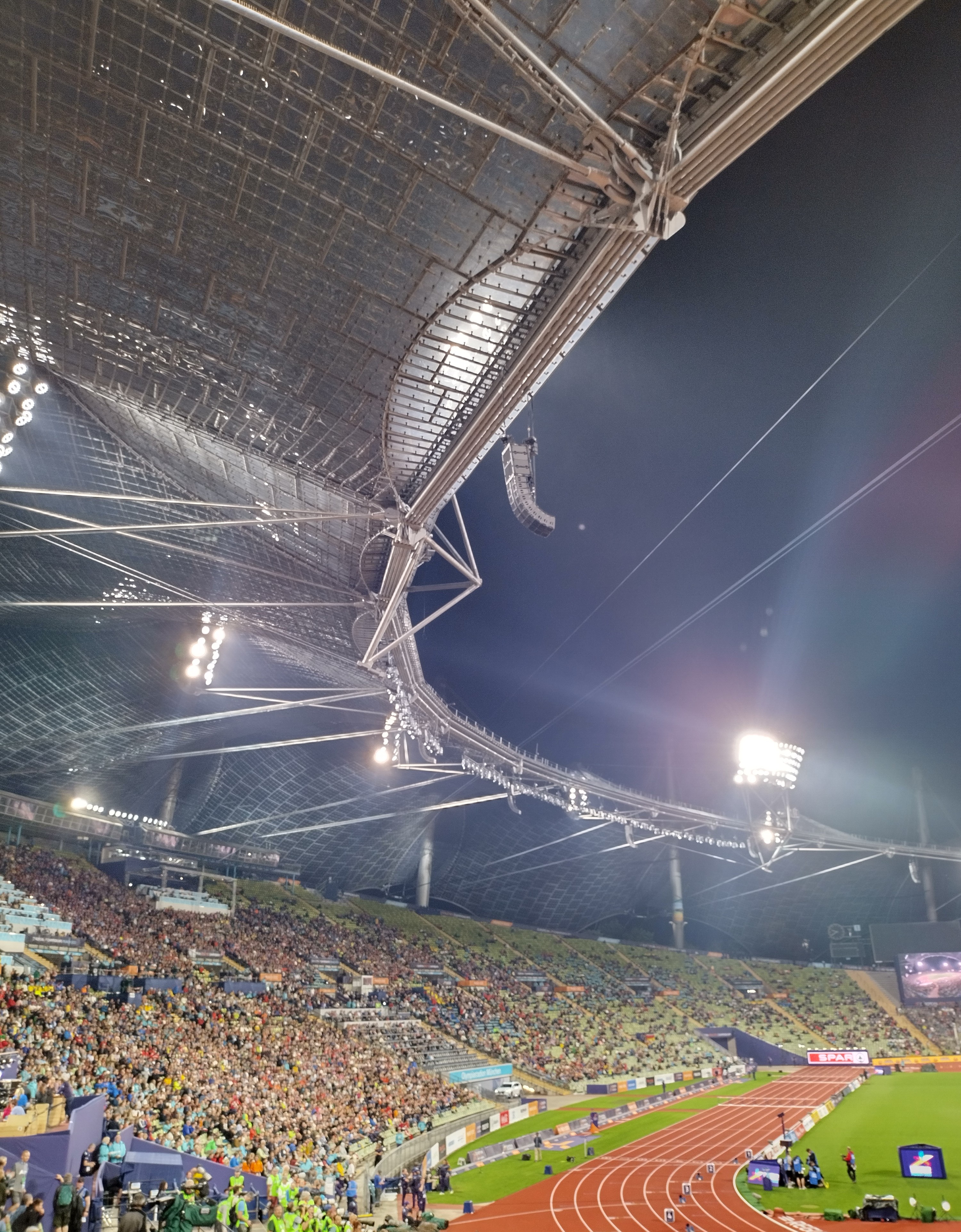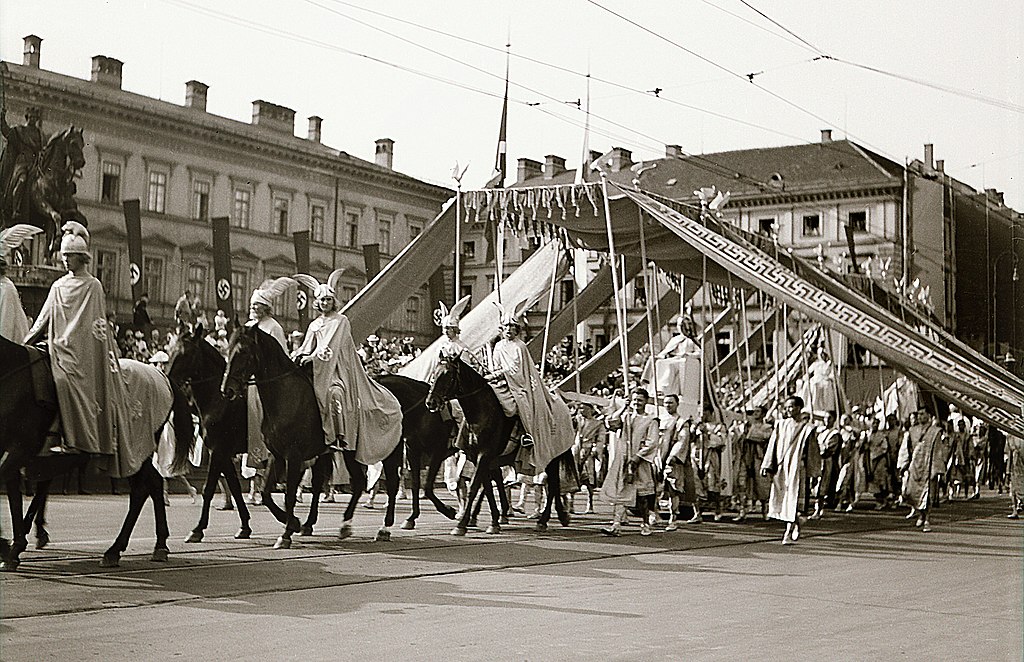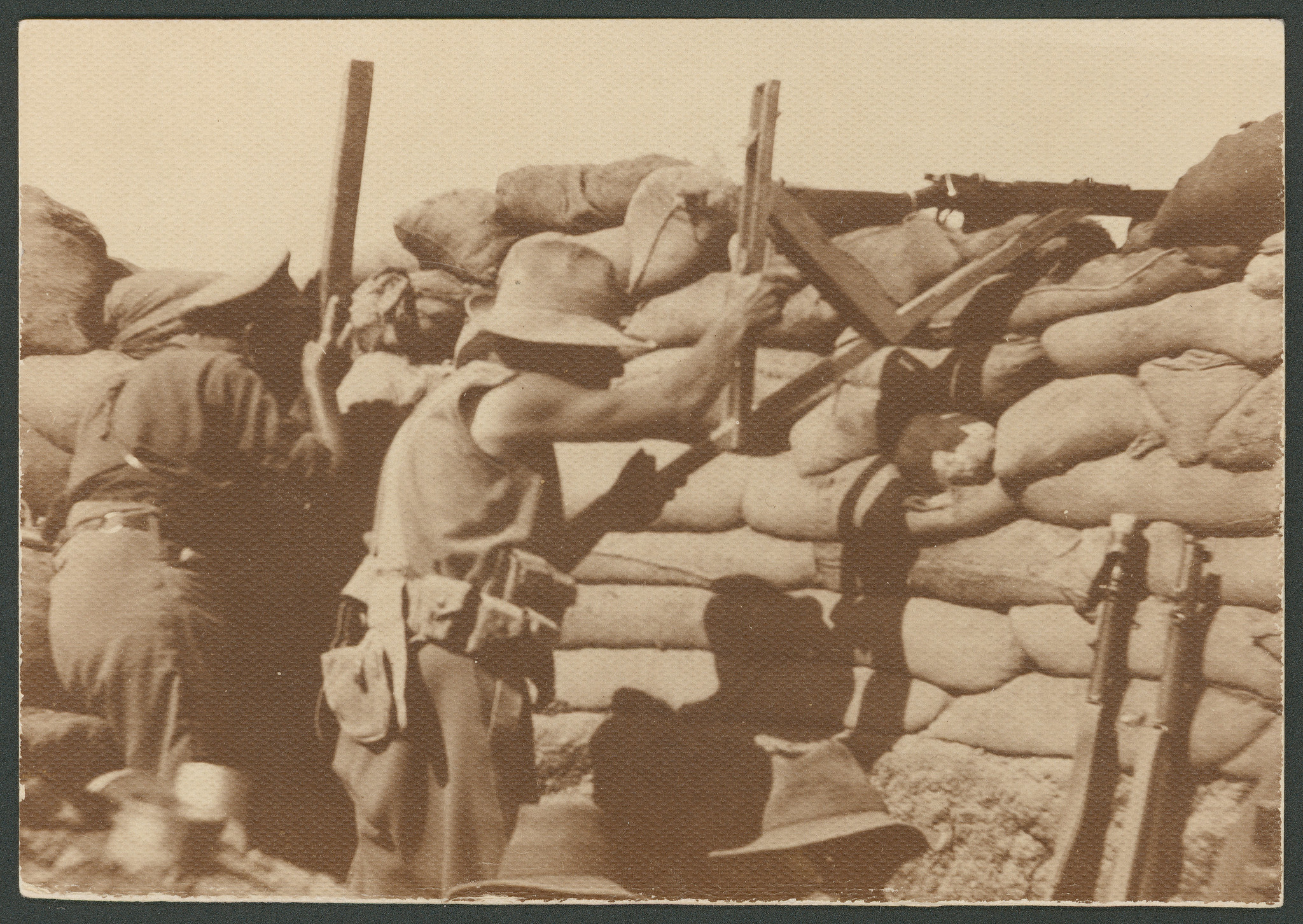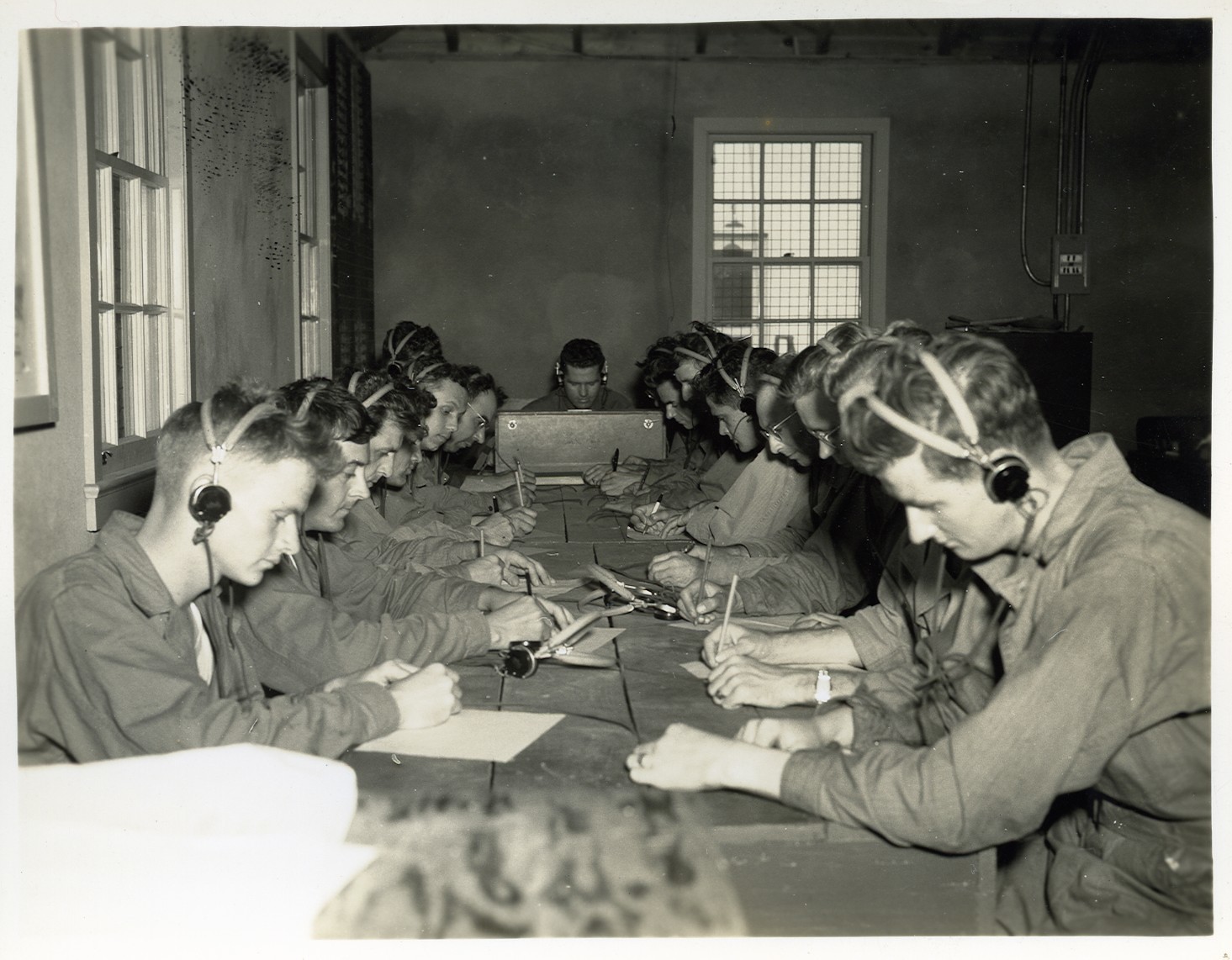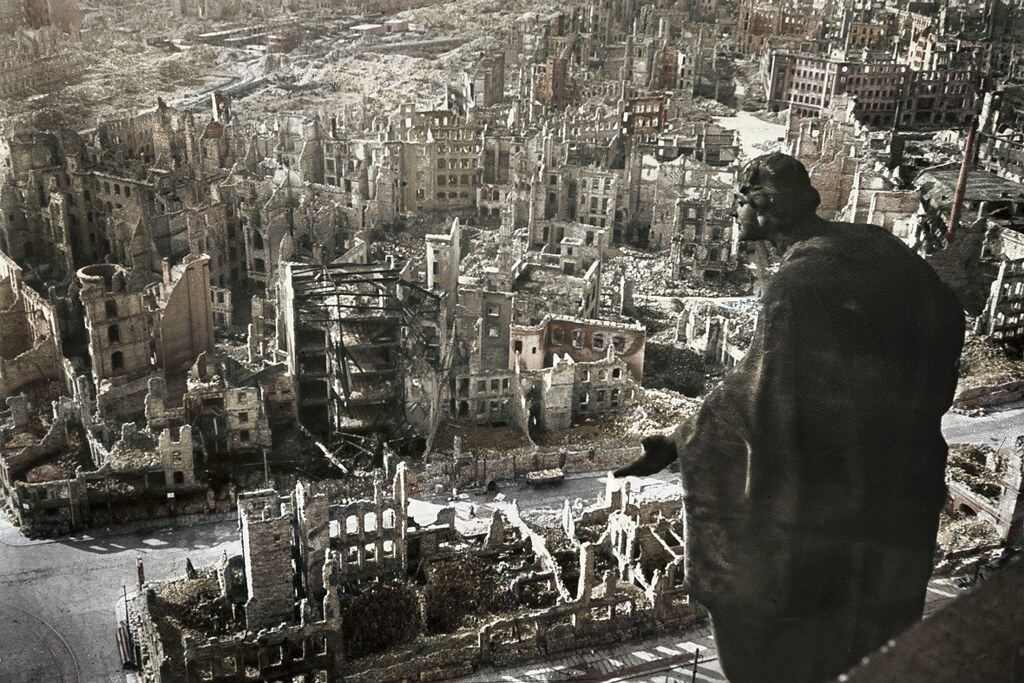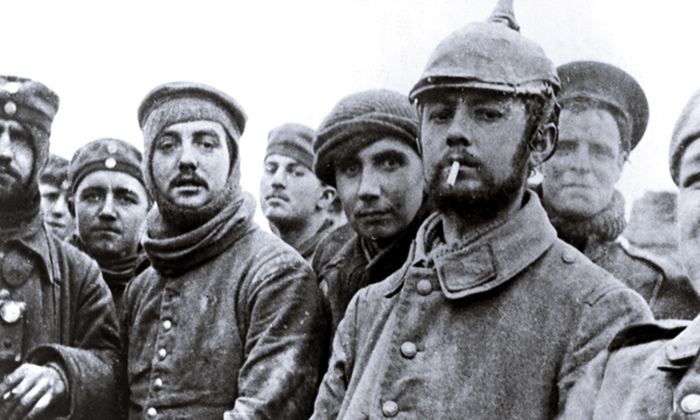Reviewed by Charlie Hall
It is a good time to be a historian of the Second World War. Amid the upsurge of public interest generated by the 75th and 80th anniversaries of that conflict, scholars have seemingly endless opportunities to engage with the period. Even just within Britain, and just within the last few years, there has been the launch of entirely new Second World War and Holocaust galleries at the Imperial War Museum, a range of dedicated conferences and events (most notably ‘From the Personal to the Global: Lived Experiences of the Second World War’ at the University of Edinburgh), and a whole host of new publications.
Leave a Comment

